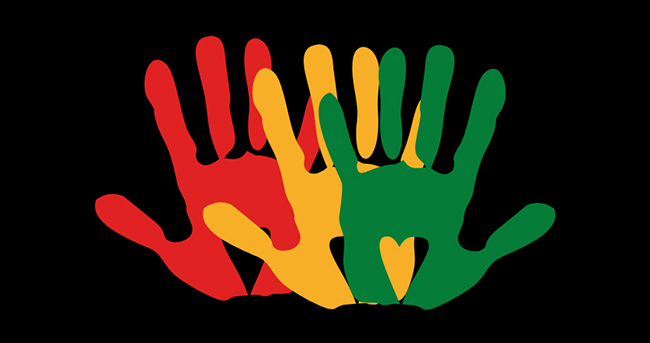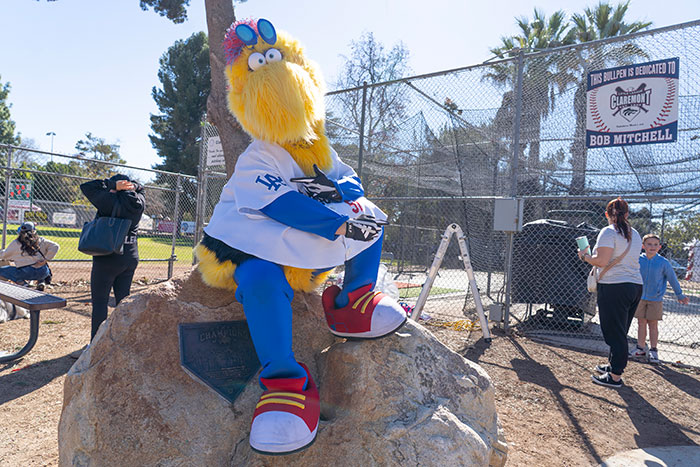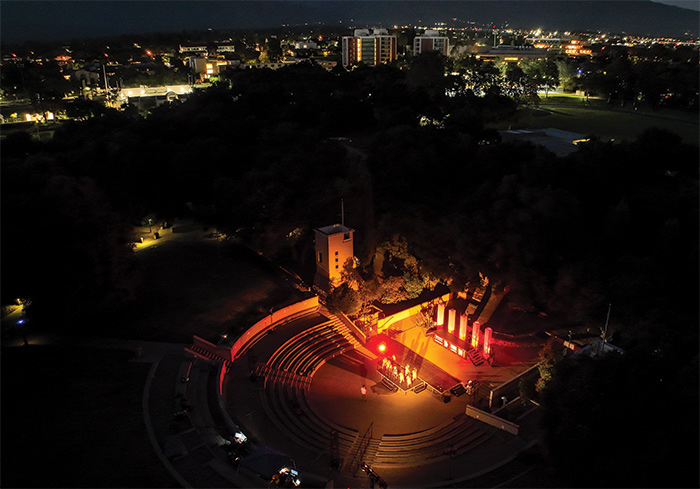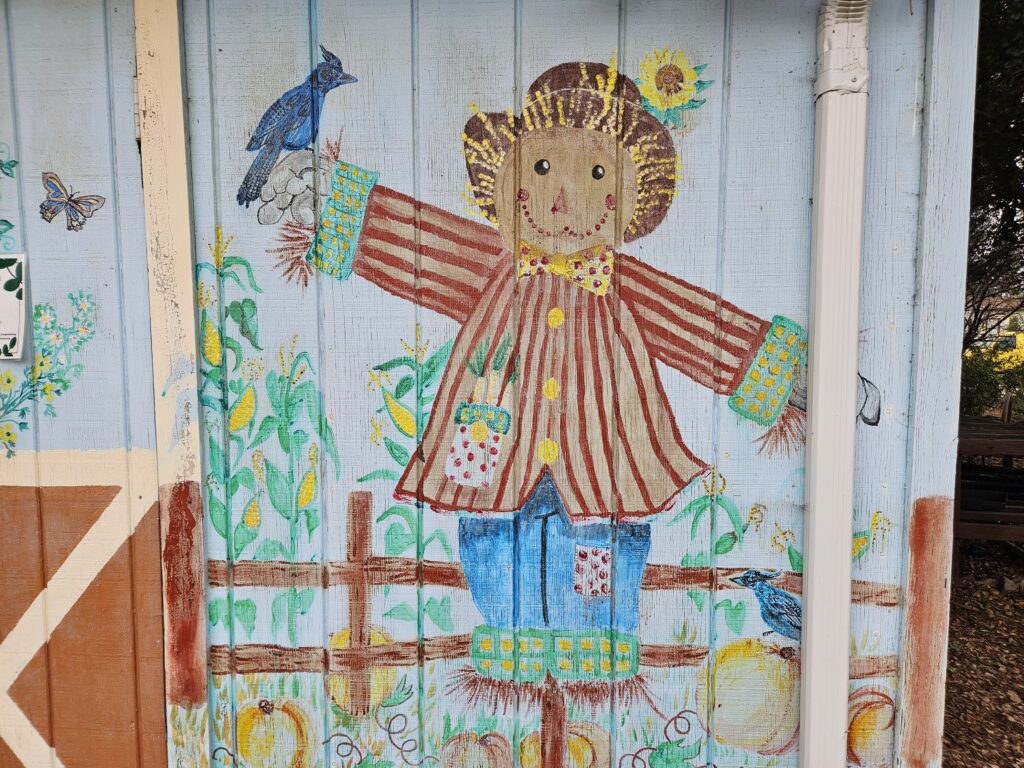Interfaithfully Speaking: What’s in it for me?

Photo/courtesy of David Douglas School District
Commemorating Juneteenth in Claremont
By Cynthia Barnes Slater | Special to the Courier
This year, as in every year since 1865, people of African descent living in Texas and all over the U.S. will commemorate “Juneteenth,” the day, June 19, when the U.S. Army announced the “news” of the Emancipation Proclamation in Galveston, Texas — 2 1/2 years after Lincoln’s declaration on January 1, 1863.
Reflecting on the Juneteenth federal holiday in 2025, the average Claremont resident may wonder, “What’s in it for me” besides a day off work? A federally mandated day off cannot legislate empathy for history, nor can it inspire individual contemplation about that history and the population of Americans descended from enslaved Africans brought to the U.S. for forced, unpaid labor under inhumane conditions.
Yet, it is that very empathy for others’ suffering that — after the Civil War and the Jim Crow era — fueled the evolution of the U.S. Civil Rights movement. The Civil Rights era brought together diverse Americans of various classes, ethnic origins, and religious beliefs who believed in direct action rooted in faith, to work together for a more equitable, just, and peaceful society.
In 2025, reflecting on “What’s in it for me?” on Juneteenth in Claremont — a town of 35,000 that is 52% white and 5.8% Black — may spur individual and community actions that can inform and hopefully result in systemic change to combat racism and social and economic injustice. The American Baha’i community is currently engaged in a decades-long endeavor to build spiritually centered communities and neighborhoods in cities and towns like Claremont across the U.S. Our central tenet — the oneness of humanity — is our guiding principle. All are exhorted to let “deeds not words” demonstrate their commitment to lofty ideals such as kindness, generosity, equity, reciprocity, and cooperation.
The Baha’i writings proclaim every human being is “created noble,” suggesting each of us has not only the innate spiritual capacity, but the responsibility to actively create peace, justice, and equality within our neighborhoods and communities. We each have a unique role to play. Therefore, we can use the Juneteenth holiday to recommit ourselves to service to humanity in whatever ways and means we can to alleviate suffering in our community. We can partner with other like-minded, spiritually focused well-wishers of humanity to demonstrate the truth of our various religious backgrounds and unite the common threads of our shared condition as “children of God,” as found in the Bible, the Quran, and other sacred texts.
Juneteenth is a day to remember and consider our American history in ways that help us to look forward; to contemplate the society we want our children and grandchildren to inherit. We can look at our human strengths — what is good about being in this land at this time — reinforced with the knowledge, skills, abilities, and resources with which God has blessed us all. And we can respond to that question about Juneteenth, “What’s in it for me?” by actively creating peace on earth, goodwill, and justice for all.
Cynthia Barnes Slater is a member of the Claremont Baha’i Community.








0 Comments